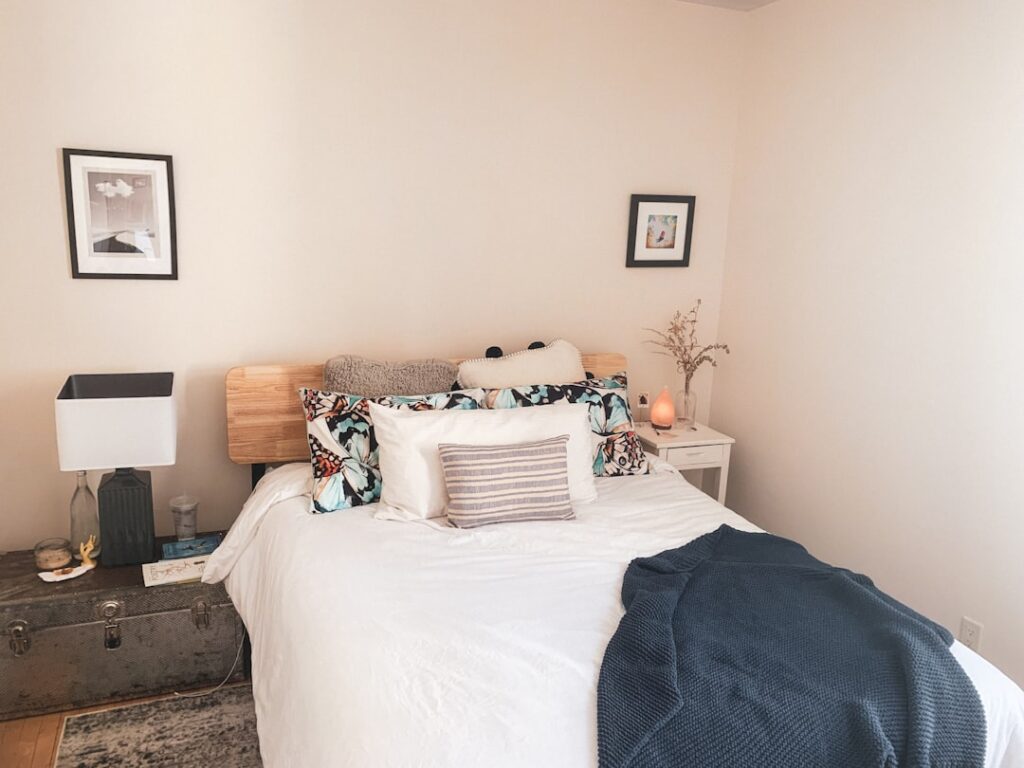Are you looking for ways to reduce your household waste and make a positive impact on the environment? Composting and recycling are two eco-friendly practices that can significantly decrease the amount of waste that ends up in landfills. Not only are these practices beneficial for the environment, but they can also help you save money and create nutrient-rich soil for your garden.
Composting is the process of decomposing organic materials such as food scraps, yard waste, and paper products to create nutrient-rich soil, also known as compost. This process not only reduces the amount of waste that goes to landfills but also helps to enrich the soil in your garden. Composting is easy to do and requires minimal effort, making it an excellent way to reduce your carbon footprint.
To start composting at home, you will need a compost bin or pile, which can be as simple as a designated area in your backyard. You can add a variety of materials to your compost bin, including fruit and vegetable scraps, coffee grounds, eggshells, yard waste like grass clippings and leaves, and even paper products like shredded newspaper and cardboard. It’s essential to balance your compost with a mix of greens (nitrogen-rich materials) and browns (carbon-rich materials) to ensure that the decomposition process happens efficiently.
Recycling is another essential practice for reducing waste and conserving resources. Recycling involves collecting and processing materials that would otherwise be thrown away as trash and turning them into new products. Common materials that can be recycled include paper, cardboard, glass, metal, and certain types of plastics. By recycling these materials, you can help conserve energy, reduce pollution, and save natural resources.
To make recycling a part of your routine, start by designating a recycling bin in your home for paper, glass, plastic, and metal items. Be sure to rinse out containers before placing them in the recycling bin to avoid contamination. Familiarize yourself with your local recycling guidelines to ensure that you are recycling the right materials and preparing them correctly for pick-up.
In addition to composting and recycling, there are several other eco-friendly practices you can incorporate into your daily life to reduce waste and live more sustainably. Here are a few tips to help you get started:
1. Use reusable bags and containers when shopping to reduce plastic waste.
2. Invest in a water filter to reduce plastic bottle waste.
3. Opt for energy-efficient appliances to conserve energy and reduce utility bills.
4. Choose eco-friendly cleaning products to reduce chemical pollution in your home.
5. Plant a garden to grow your own fruits and vegetables and reduce your carbon footprint.
6. Install a programmable thermostat to save energy and lower heating and cooling costs.
By incorporating these eco-friendly practices into your daily routine, you can make a positive impact on the environment and create a more sustainable home. Small changes can add up to make a big difference in reducing waste, conserving resources, and protecting the planet for future generations. Start composting, recycling, and implementing other eco-friendly practices today to contribute to a greener tomorrow.
Photo by Unsplash







